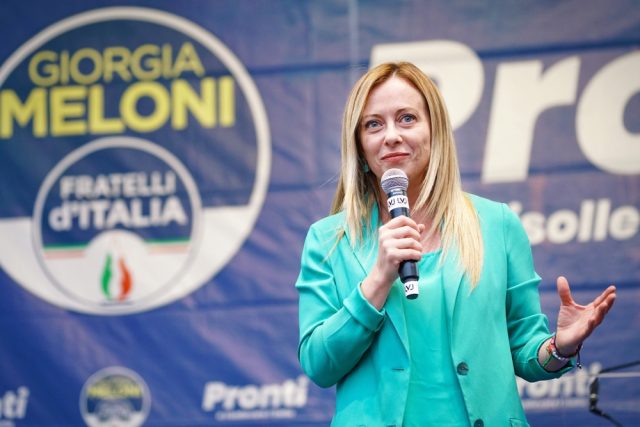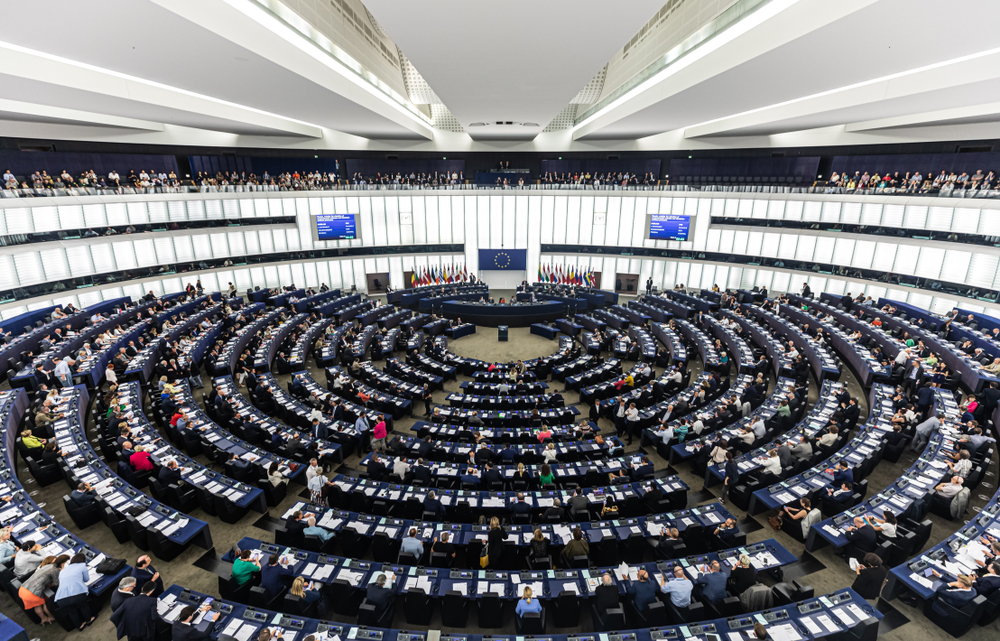
Italy will have the largest government group in the European Parliament
The 2024 European elections will be very crucial for many states: for some, there will be a radical change in the internal political balance, for others it will be an opportunity to have a new course within the European Commission, inserting first-level names in what it will be the majority that will emerge from the elections.
It will certainly be an interesting political test for everyone, also to see the resilience and stability of the various European governments. The Meloni Government will certainly emerge strengthened from this test: according to polls, the Italian centre-right will win 35 seats in the European Parliament, becoming the first governing coalition in Europe in terms of number of elected representatives. The result is made up of 4 seats for Forza Italia (FI, PPE), 8 for the League (LSP, ID) and Prime Minister Giorgia Meloni’s group Fratelli d’Italia (FdI, ECR) will win 23 seats, becoming the third party more present in the European Parliament.
In fact, first place will go to the Rassemblement National (RN, ID) with 26 seats and second place to the Partido Popular (PP, PPE) with 25. The United Christian Democrats of Germany (CDU, PPE) will be tied with FdI.
However, if the 35 seats of the center-right do not give the country a relative majority, it must also be said that there are few countries where government coalitions exceed 50% of those elected. This happens in Bulgaria, Hungary, Luxembourg, Poland, Romania, and Slovakia, or countries with a strong national government (Hungary and Slovakia) or the result of broad-based coalitions.
In the other large European countries, no one is at the level of the Meloni government: the Scholz government made up of the social democrats (SPD, S&D), the liberals (FDP, RE) and the greens (Grüne, Verdi/ALE) stops at 33 seats on the 96 available for Germany; Even worse is the Attal Government, recently installed and mainly composed of forces close to Renaissance (RE), a political movement founded by Emmanuel Macron, which even stops at 18 seats out of 81.
 The Tusk government is the third in terms of the number of seats, reaching 31 with a composition that unites parties belonging to the EPP, RE, and S&D. The Sánchez government, made up of the PSOE (S&D) and Sumar (Greens/ALE + GUE/NGL) is doing badly, stopping at 23, a coalition that is therefore surpassed even by the PP alone.
The Tusk government is the third in terms of the number of seats, reaching 31 with a composition that unites parties belonging to the EPP, RE, and S&D. The Sánchez government, made up of the PSOE (S&D) and Sumar (Greens/ALE + GUE/NGL) is doing badly, stopping at 23, a coalition that is therefore surpassed even by the PP alone.
In the Netherlands, there is still no government, as the negotiations for the formation of an executive are still complex. However, the coalition indicated in the polls by Dutch voters would collect two-thirds of the seats: 12 from Geert Wilders’ party (PVV, ID), 4 from Pieter Omtzigt’s electoral list (NSC, PPE), 3 from ex-prime minister Mark’s party Rutte (VVD, RE) and 2 from the ruralist group (BBB, PPE).
When analyzing the polls it is important to also observe the “winning” European group nation by nation: as many as 10 countries will see the EPP as the leading European party, namely Bulgaria, Croatia, Estonia, Germany, Greece, Latvia, Luxembourg, Poland, Slovenia and Spain; Portugal, Romania and Sweden will instead see a preponderance of the S&D; the ID will establish itself in Austria, France and the Netherlands; Ireland will see the GUE/NGL as the first party, the Macronians of the RE will establish themselves in the Czech Republic while the conservatives of the ECR see Italy as their main country of affirmation; a separate matter for Hungary and Slovakia, where Orban’s Fidesz and Fico’s Smer will dominate and are not currently members of any European party. In some States, more parties will gain equal seats, but the clear trend is still a turn towards the Right.
What is fundamental to understand is how to ride this wave, in cementing consensus in the countries where there is already government (Italy, Greece, Sweden, Finland) and in coming to power in those where today there is opposition (France, Germany, Spain). Beyond the European Commission, which will derive from a European Parliament which is a complex composition, what is fundamental is the unity of purpose of governments. The true destinies of Europe and the conservatives, led today more than ever by Giorgia Meloni, depend on that.



 Subscribe
Subscribe